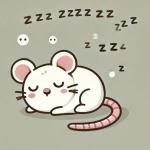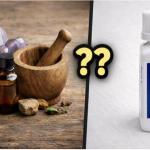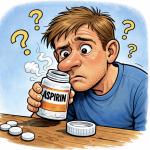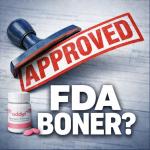Drugs & Pharmaceuticals
If you're sufficiently old and have ever lived in a dorm, chances are you're either aware of this prank. Or the victim of it:
If you tell a naturopath, chiropractor, or other statin-hater that you’re taking a statin, chances are you’ll get a withering look — the kind that says, “Enjoy the poison, fool.” Or a sad head shake that seems to say, “Been nice knowing you.”
When it comes to pharmacology, the big story these days is the development of the “glucagon-like peptide-1 (GLP-1) mimics,” the first truly effective medications to treat obesity. It’s a fascinating story to be sure, but get set for a bumpy ride.
While drug shortages are neither new nor uncommon, I must admit I was surprised to read about the current
It is estimated that there are more than 100,000 different dietary supplements on the market in North America.
I can hardly believe that it's been more than 10 years since I torched flibanserin (Addyi), aka "Female Viagra."
Join Cameron English and Dr. Chuck Dinerstein on Episode 152 of the Science Dispatch podcast as they discuss:











